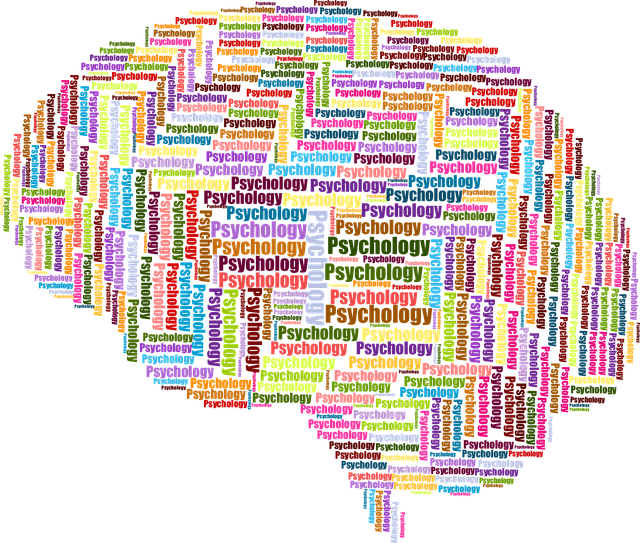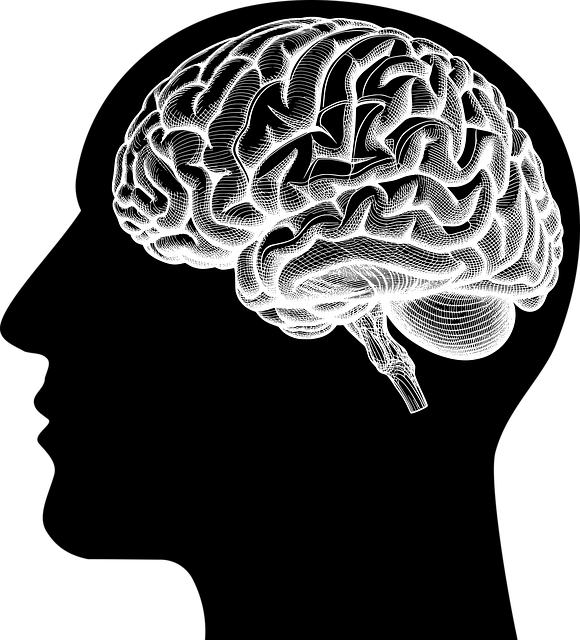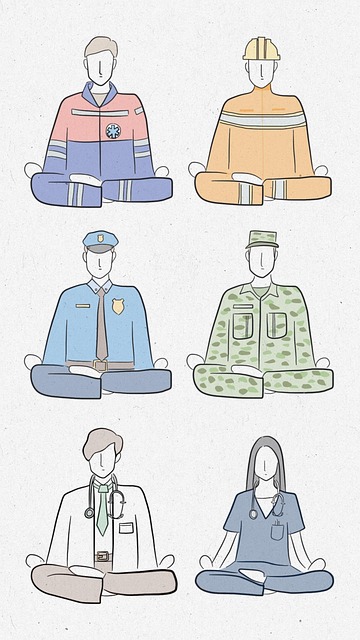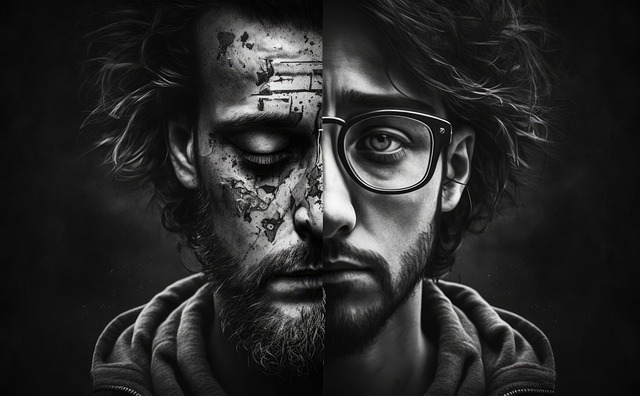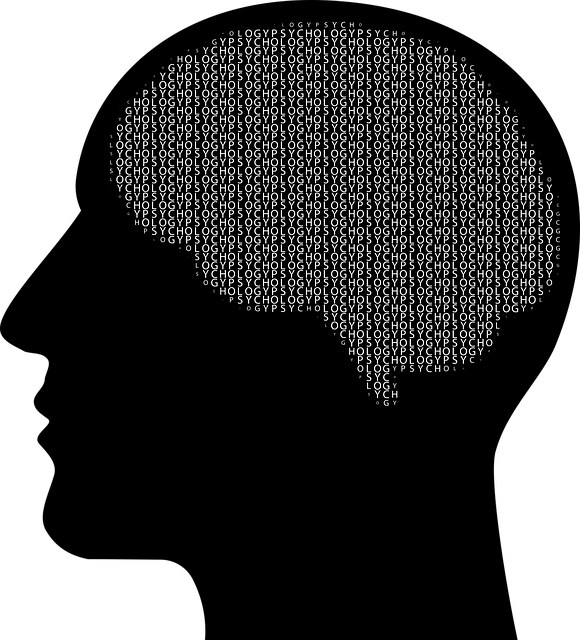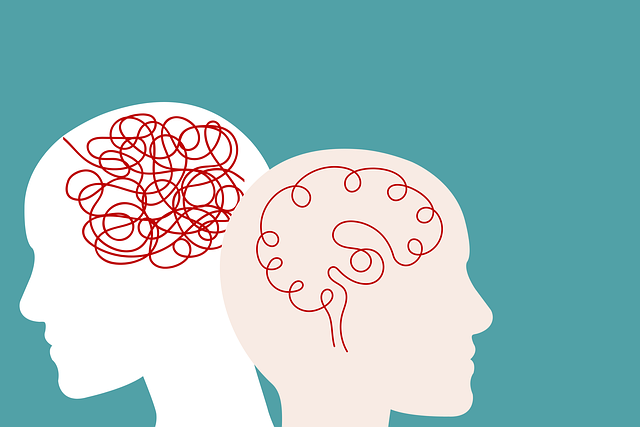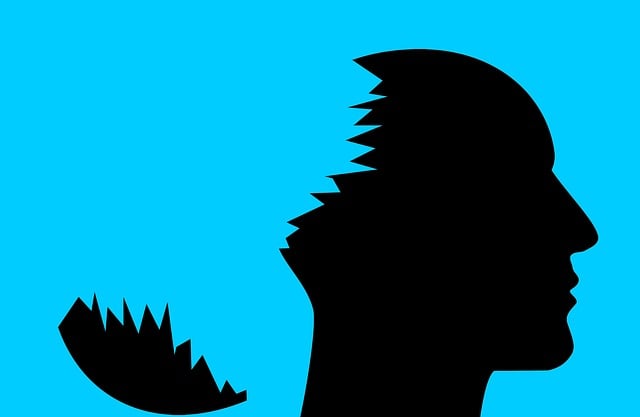Diagnosing mental illness in Lafayette blended families presents unique challenges due to diverse symptoms, cultural barriers, and a lack of tailored assessment tools. Standard methods often miss complex dynamics or lead to misperceptions. Lafayette Blended Families Therapy offers innovative solutions, including specific assessment tools, tailored education, and crisis intervention guidance. They emphasize thorough evaluations considering personal history, family dynamics, and environmental factors for accurate diagnoses and effective interventions, such as resilience workshops and wellness coaching.
Mental illness diagnosis accuracy is a growing concern, with complexities and common misdiagnoses impacting treatment and patient outcomes. This article delves into the current challenges, exploring innovative solutions like Lafayette Blended Families Therapy—a family-centric approach that integrates familial dynamics into mental health assessment. We also discuss advanced technology, ongoing training in cultural sensitivity, and patient-centered care as comprehensive strategies to enhance diagnostic accuracy.
- Current Challenges in Mental Illness Diagnosis
- – Discussing the complexities and common misdiagnoses
- – Impact on treatment and patient outcomes
Current Challenges in Mental Illness Diagnosis

The current landscape of mental illness diagnosis is fraught with challenges, particularly when it comes to accurately identifying conditions within diverse populations, such as Lafayette blended families. The complexity arises from several factors: first, the vast spectrum of symptoms and their manifestations can vary widely between individuals, making standardized assessments less effective. Second, cultural and societal barriers often prevent open discussions about mental health, leading to underreporting or misperceptions of symptoms. This, in turn, hampers the diagnostic process, especially when dealing with families where different cultural backgrounds and experiences intertwine.
Moreover, the absence of tailored assessment tools that account for family dynamics and unique family structures, like those found in blended households, poses another hurdle. Traditional diagnosis methods may not adequately capture the intricate relationships and shared histories within these families, potentially leading to misdiagnoses or missed opportunities for intervention. Addressing these challenges requires a multifaceted approach, including the development of innovative assessment tools, enhanced mental health education programs designed for diverse audiences (Lafayette Blended Families Therapy), and crisis intervention guidance tailored to the specific needs of blended family units.
– Discussing the complexities and common misdiagnoses

Mental illness diagnosis can be a complex process due to the diverse nature and overlapping symptoms of various disorders. Lafayette Blended Families Therapy recognizes that what presents as depression might also be anxiety, bipolar disorder, or even a chronic condition like PTSD, requiring careful consideration and evaluation. Misdiagnosis is not uncommon, often leading to inappropriate treatment plans that fail to address the root issue. For instance, a person experiencing both anxiety and depressive symptoms could receive a depression diagnosis only, missing the chance for a more holistic approach incorporating strategies for emotional regulation and mood management.
Common misdiagnoses often stem from the patient’s reluctance to disclose all symptoms or healthcare providers’ limited time during assessments. This can result in oversights, leading to ineffective treatments. Lafayette Blended Families Therapy advocates for comprehensive diagnosis that considers not just current symptoms but also personal history, family dynamics, and environmental factors. By employing tailored approaches, therapists aim to boost client confidence, enhance emotional regulation skills, and improve overall mental well-being.
– Impact on treatment and patient outcomes

The accuracy of mental illness diagnoses is paramount for effective treatment and improved patient outcomes. When healthcare professionals are able to identify conditions with precision, tailored interventions can be implemented. This leads to better symptom management, enhanced quality of life, and reduced risk of relapse or chronicization. For instance, a correct diagnosis from Lafayette Blended Families Therapy enables them to offer specialized programs like resilience building workshops, catering to the unique needs of families navigating mental health challenges.
Cultural sensitivity in mental healthcare practice further refines diagnosis and treatment processes. Recognizing and respecting diverse cultural beliefs and practices ensures that interventions are not only effective but also respectful and engaging for patients from various backgrounds. In addition, the development of mental wellness coaching programs can empower individuals to take an active role in their recovery journey, fostering self-awareness, coping strategies, and a sense of agency—all of which contribute to long-term mental wellness.
Mental illness diagnosis accuracy is a critical aspect of healthcare that impacts treatment efficacy. By addressing current challenges, such as complexities and misdiagnoses, we can enhance patient outcomes, especially for diverse populations like Lafayette blended families. Integrating innovative approaches, including advanced assessment tools and specialized therapy services from providers like Lafayette Blended Families Therapy, offers promising avenues for improving diagnostic accuracy and ultimately benefiting those in need.


